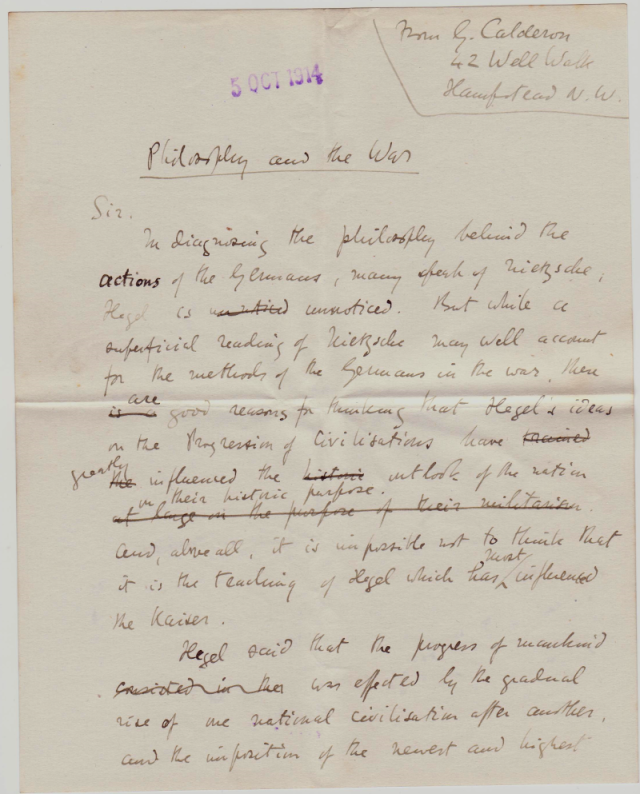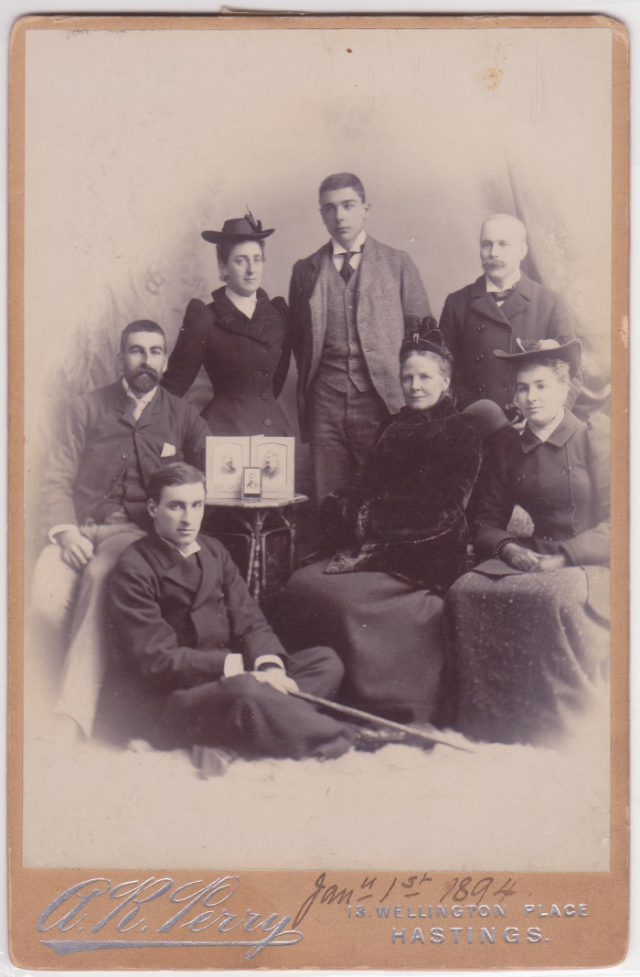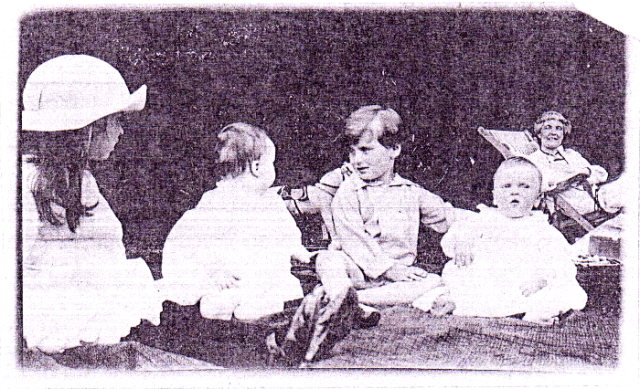The 3rd Cavalry Division had arrived in Belgium with a crack infantry force, the 7th Division. The latter’s orders were to go to Antwerp, sixty miles away, to assist in its defence. Little did they know that on the night of 8 October Winston Churchill’s Royal Naval Division was already leaving the city, which had become an inferno.
Yesterday afternoon at 4.30 the 3rd Cavalry Division set off southwestwards from Zeebrugge to the ‘fashionable watering place’, as Calderon called it, of Blankenberge (about five miles). Here, Dick Sutton wrote, ‘The inhabitants cheered us and could not do enough for us. The men were plied with chocolates, cake and beer whenever we halted for a moment, which we did frequently, as the Colonels had not received orders where to go.’ At dusk they left Blankenberge on the Bruges road, but after a mile, George wrote Kittie,
[we] plunged aside into the sand dunes (just like St Andrews) and bivouacked there for the night. Very cold and very beautiful. Sea plashing, moonlight, long grass and red smoke of camp fires. Many awake all night for the cold. The sand too soft for picket pegs. I lay half the night holding two horses that awoke me, plunging after tufts of feather grass whenever I nodded off.
Today, at eight in the morning, they set off for Bruges, ten miles away. The weather was mild, autumnally fine. As they entered the town, ‘news came whispered from officer to officer that [Antwerp] had fallen’, but even three days later George had ‘not met a native who knows about it’. Nevertheless, Dick Sutton wrote in his diary for 9 October that on the Bruges road ‘a lot of refugees from Antwerp came through, also cyclists and artillery’.
‘So we passed on,’ George wrote Kittie, ‘trotting and walking. It’s a pleasant monotonous business is war, as far as I have seen it, standing patiently at a horse’s head, not knowing what is happening.’ Tonight the Blues were billeted on the outskirts of a village ‘in the great iron buildings of a horticulturist (the great business here); the endless gardens around, nothing but rows of tubs of Portugal laurel trimmed like the trees in a Noah’s ark’. He spent ‘two hours or more telephoning the Colonel, to establish communication with our Brigade Headquarters’. This involved foreign-language work with the mayor, ‘a typical peasant with a cap, shy ironical eye and hands in pockets’. Calderon got to bed ‘after everybody and slept on the bricks among the horses’.
About thirty miles away, Rupert Brooke, with the Royal Naval Division, was living through what he described as ‘one of the greatest crimes of history’. As well as the carnage of the siege of Antwerp itself, he witnessed thousands of refugees fleeing for their lives. ‘Three civilians’, he wrote, ‘have been killed to every one soldier […] Has ever a nation been treated like that? And how can such a stain be wiped out?’
A year before, Calderon and Brooke had been in civilised correspondence about finding a producer for Brooke’s one-act play Lithuania, which appears to be a flattering attempt to replicate George’s success with his Russian curtain-raiser The Little Stone House.
Next entry: 10 October 1914


























Language issues again
The version of Binyon’s ‘For the Fallen’ published in The Times (see my post of 21 September) seems to contain a misprint in line 11: ‘stanch’ instead of ‘staunch’ (‘to the end against odds uncounted’). Last week I was in the Chapel of Trinity College, Oxford, to see the College’s manuscript of the poem, and this confirmed Binyon had written ‘staunch’. But, well, the idea of a misprint in The Times in 1914 seems incredible!
I now discover from The Shorter Oxford English Dictionary on Historical Principles that at that time there were not only two spellings for the adjective, but two pronunciations: ‘stawnsh’ and ‘starnsh’. I would have said that ‘stanch’ is used today only for the verb, and, incidentally, that the consonant combination ‘ch’ is pronounced in both spellings as in ‘church’. However, I see from The Chambers Dictionary (2009) that I would be wrong on both counts…
In his letter of 29 September 1914 George Calderon starts to tell Kittie that ‘the Ritz Hotel at Paris is somehow at our disposal and we can have things sent, which will reach us’, but then breaks off: ‘I am too bewildered with tabloids and cigarettes to go into the details.’
Tabloids? Were the Northcliffe press onto him for impersonating a soldier?
It turns out that in Edwardian times Tabloid was a registered trademark for medicines manufactured in compressed/concentrated form by Wellcome and Co, but then (rather like ‘hoover’) it dropped the capital letter in order to be used of such drugs in general. The idea of George having taken so many of these ‘tabloids’ (what were they for?) and smoking so much as to be ‘bewildered’ casts an interesting light on his state.
Next entry: 3 October 1914